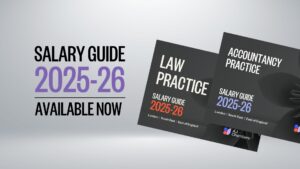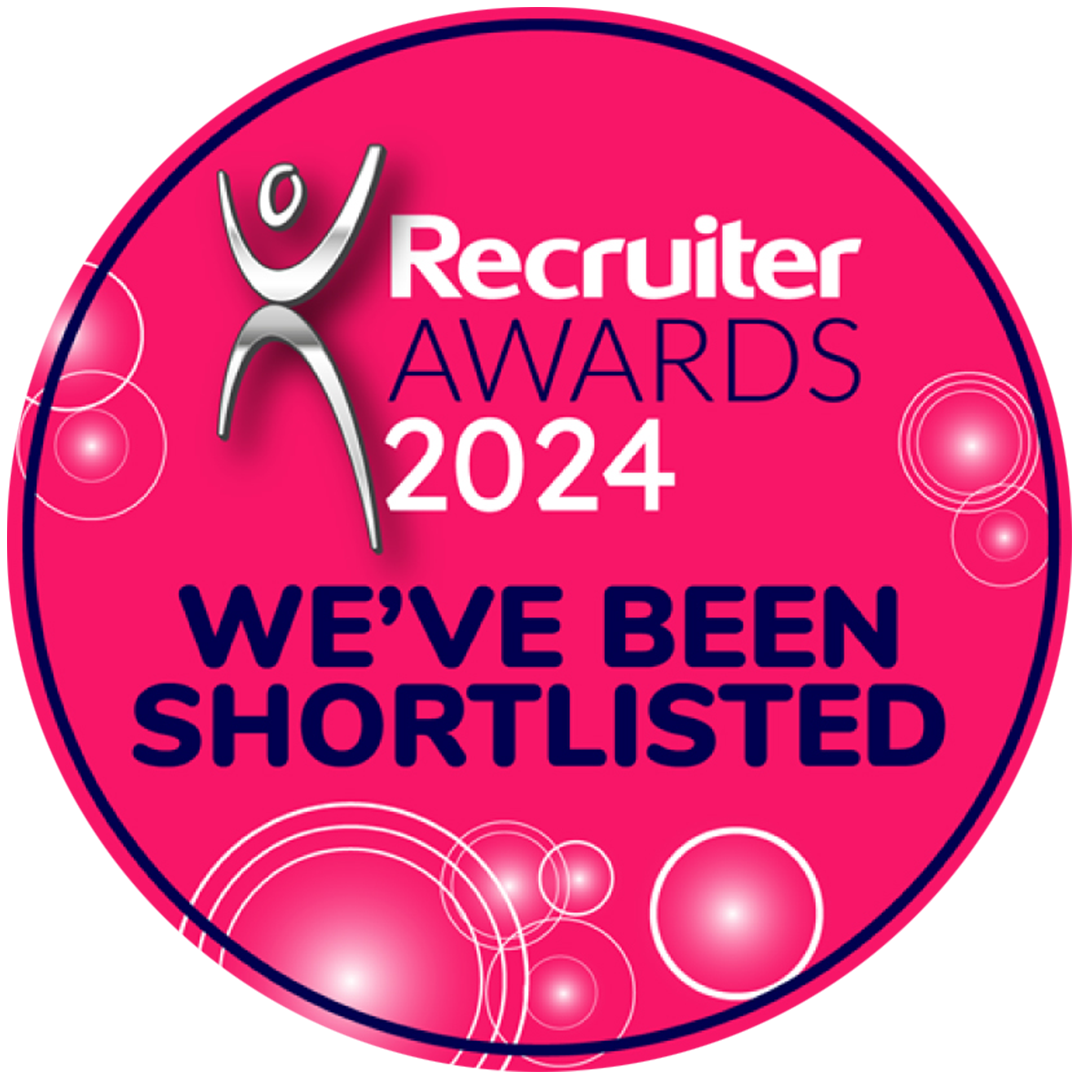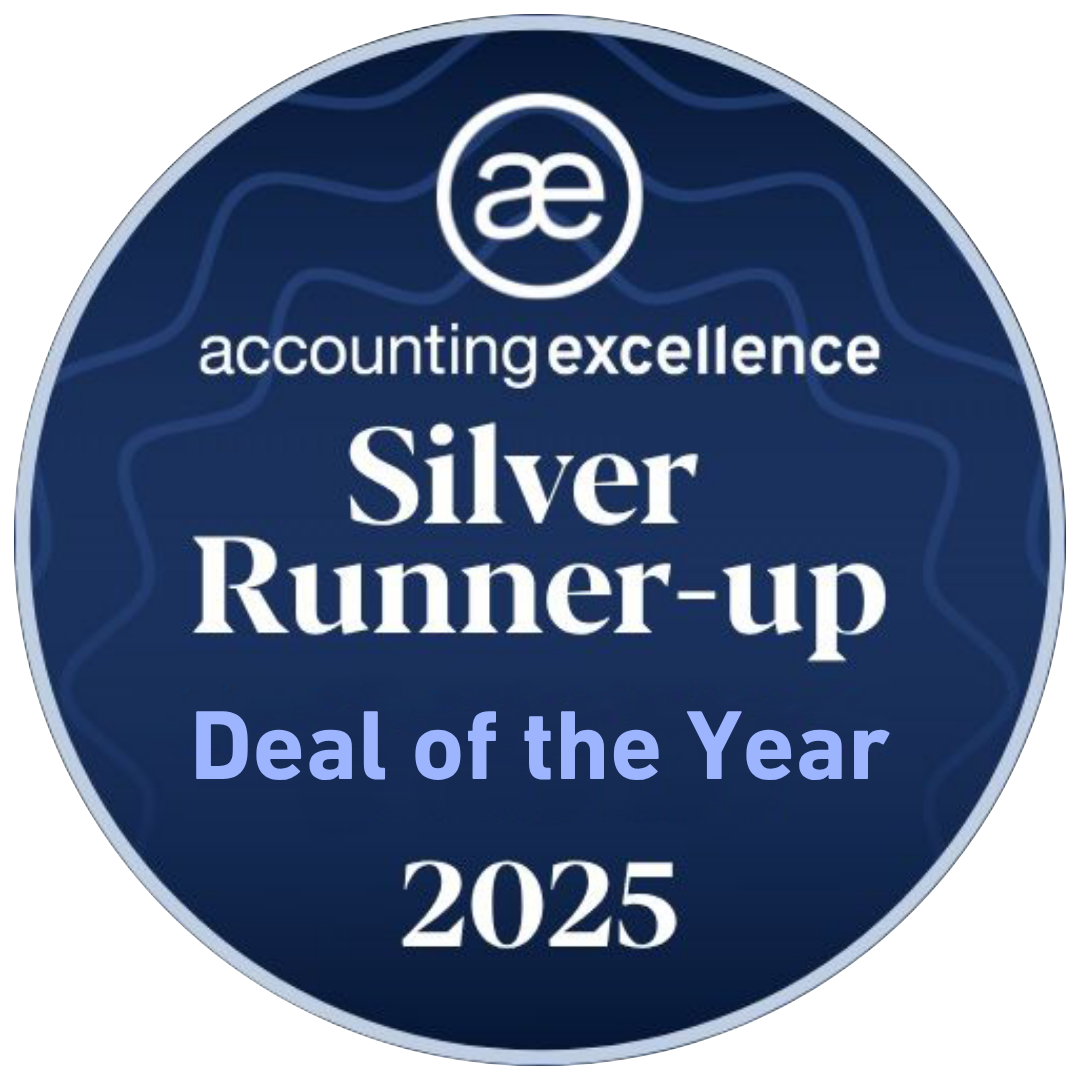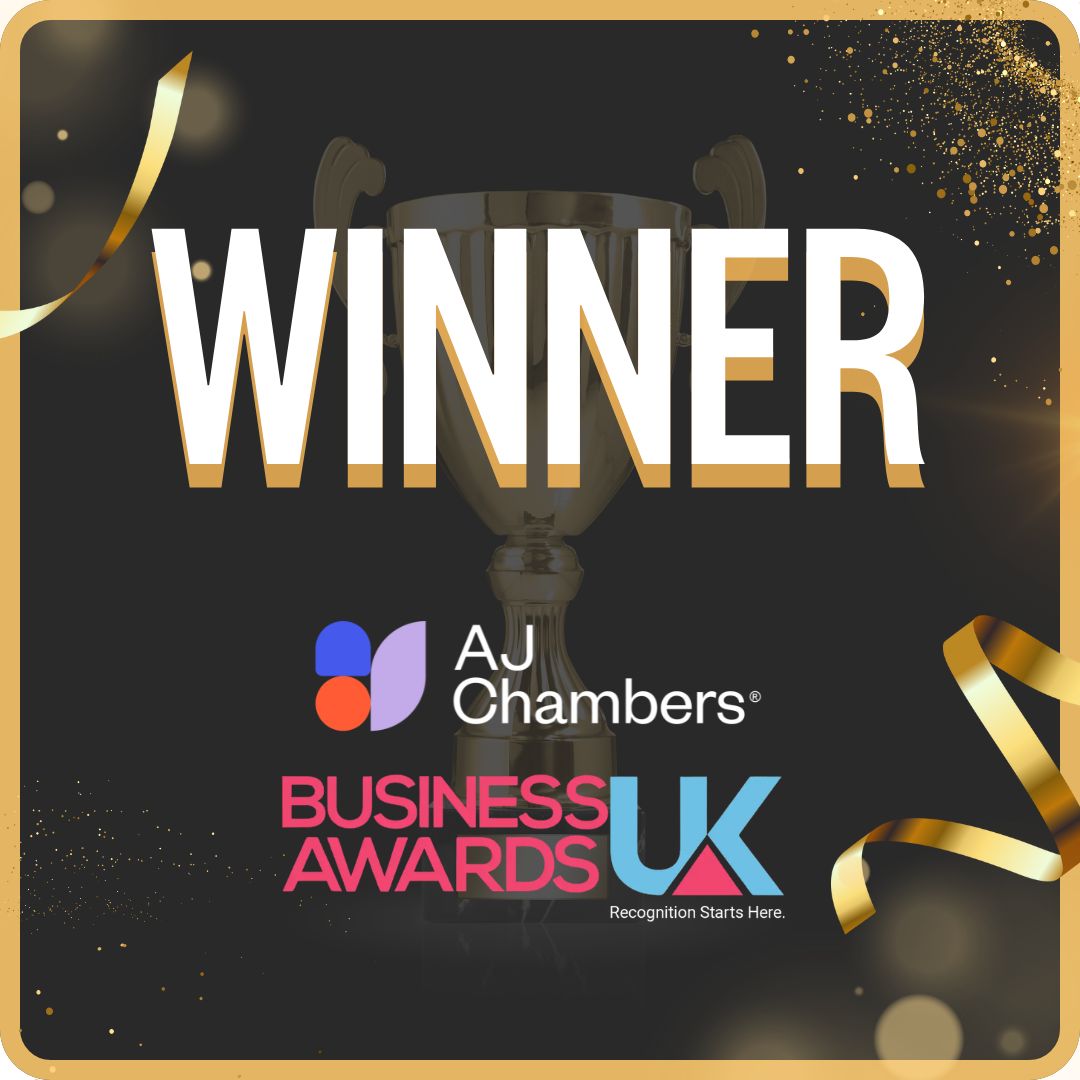A well-written CV can be the difference between getting an interview and not being considered. Accounting is a very competitive industry, so even being called to an interview is a huge achievement.
In a recent study it was found that most employers spend an average of 8 seconds looking at your CV. They then decide if it is worth pursuing. So what can you do to improve the writing on your accountancy CV?
After years of being in a comfortable job, returning to your CV can be tough. CV patterns and requirements change all the time. There are certain elements that go into constructing an accountancy CV. Here are a few key points to ensure your CV stands out from the crowd.
For our tips on how to create great CV design, please click here.
What to include on your CV?
The point of a CV is to get your details across to the employer. An accountancy CV, depending on your experience, will be around 2 pages long. They should be tailored to you and include the following:
- Personal details
- Personal statement
- Work and Employment Experience
- Achievements and Key Skills
- Qualifications
- Your Interests or Hobbies
10 Top Tips:
1. Honesty is the best policy
If you have been found to over inflate any of your accountancy qualifications, it will not be looked on favourably by prospective employers. Over two thirds of candidates who lied on their CV’s ended up being removed from the interview process. Over selling yourself is also another unattractive feature. A way in which you can counter this is with a strong personal statement.
2. A powerful personal statement
The first thing an employer will look at is your personal statement. You need to create a catchy pitch explaining why you are the right person for the job and what you’re offering. The challenge is to condense your top skills, achievements and qualifications. For example, in accounting it would be useful to include things like your ACA, CTA or ACCA passes and pass rate, or any key work experience or work achievement, without it being too convoluted.
3. Make it look professional
A good-looking CV will stand out from the crowd in a world where image is everything. In such a number-based industry, you can get creative with your application and play around with software settings to help you nail your CV format. Using percentages for your qualification passes also makes it easier for people to take in a lot of information. Make sure the layout is crisp and clean as well as to the point. Don’t use more than two typefaces maximum. And only one extra colour other than black.
4. Tailor your CV
Applying for jobs can be a full-time job itself but is important to tailor your CV for every accountancy role you apply for. Pay attention to what characteristics and skills the role you are going for requires and match them to your skills.
5. Errors
One in three CV’s are sent with a grammar or spelling mistake. It is very important to avoid as many errors as possible. Employers look for mistakes in CV’s, so proofread your work to avoid them and get a friend or family member to do a final proof before sending across.
6. Key soft skills
Accountancy recruiters will look for a certain range of soft skills in a CV. Be sure to highlight the key top skills at every opportunity you have, for example, leadership, communication, business knowledge etc.
7. Show your loyalty
Elaborate on the length of time you have been with a company and how you have supported them for long periods of time. Most employers want to recruit someone who they see staying with the company long term, instead of someone who jumps between jobs.
8. Key words
When posting your CV online, keywords or past participle action words are important. This means your cv will be more visible to accountancy recruiters online and will also mean your skills will stand out on paper. Incorporating certain technical active verbs into your accountancy CV will also strengthen the readers engagement, so for example using buzzwords like ‘audited’, ‘budgeted’ or ‘re-structured’ will make you stand out from the crowd
9. Use the STAR format to show your key achievements
– Situation
– Task
– Action
– Result
The STAR format is a great way of structuring your key work achievements, which then can be used at interview during competency-based questions. The examples to use do not have to be overly elaborate, just think of an example of where you were proud of an achievement at work, or where you actively improved a process at work.
10. Timeline
Some of your achievements may have been early on in your career, so consider structuring your CV with achievements and accomplishments at the beginning of the cv without anchoring to a specific role, and then the career history below with key dates. If you have had a lot of short-term contracts, then link them together. If you did have any ‘gaps’, link them to something positive rather than not mention it, so you can say ‘career break to spend more time with family’ for example. Leaving unexplained gaps may lead employers down the wrong conclusion and they may think you are hiding something, which could mean they disregard your application.
One last tip from us is to remember that the purpose of a CV is to represent your experience and how you can add value to a prospective employer’s firm, so take you time in crafting your CV. The effort will pay off!
Our latest insights
Helpful External Resources:
Accountancy: ICAEW | Accountancy Age | Accounting Web










 AJ Chambers Recruitment Ltd,
AJ Chambers Recruitment Ltd,